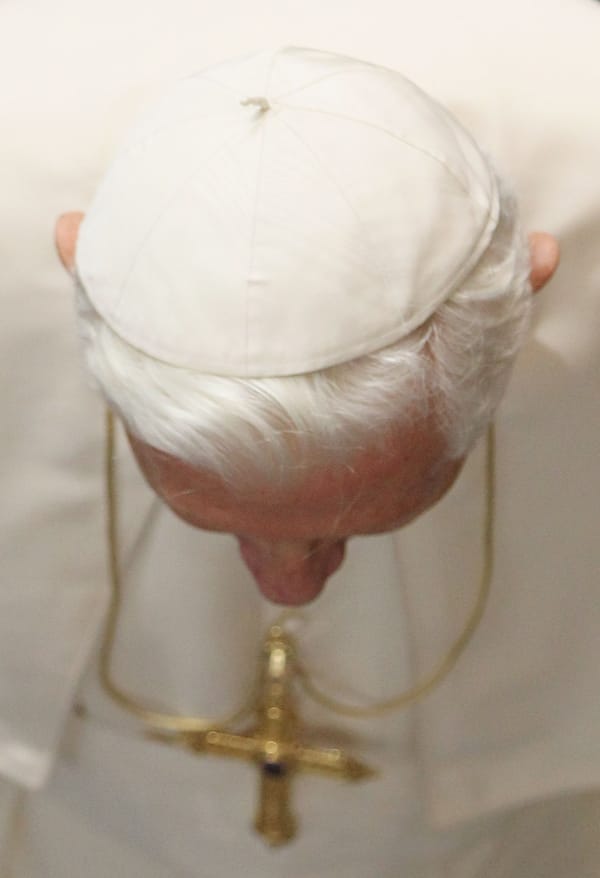Pope Benedict XVI, who died on Saturday, will be remembered not least for his resignation in 2013. It marked a decisive turning point in the history of the Church, which cannot fail to concern the world that still defines itself as Christian.
When he was still a young theologian, Joseph Ratzinger studied the thinking of Tyconius, a theologian of the fourth century, who said that the body of the Church is divided into a dark and evil church and a righteous one. In the present state, the two bodies of the Church are inseparably commingled, but they will divide at the end of time.
The Church, the future pope wrote in 1956, is until the Last Judgment both the Church of Christ and the Church of the Antichrist: “The Antichrist belongs to the Church, grows in it and with it up to the great separation, which will be introduced by the ultimate revelation.”
By calling into question the unity and legitimacy of the Church, Benedict XVI, who was at the head of the oldest existing institution in the West, called into question the meaning and legitimacy of all institutions. Even the body of our political society is, like that of the Church, divided, a mixture of good and evil, injustice and justice.
Benedict XVI reminded a curia concerned only with its own worldly continuation of the spiritual meaning of the last things. Likewise, only if we know how to question the blind economic drift of our political institutions will they be able to regain the meaning they have lost.
